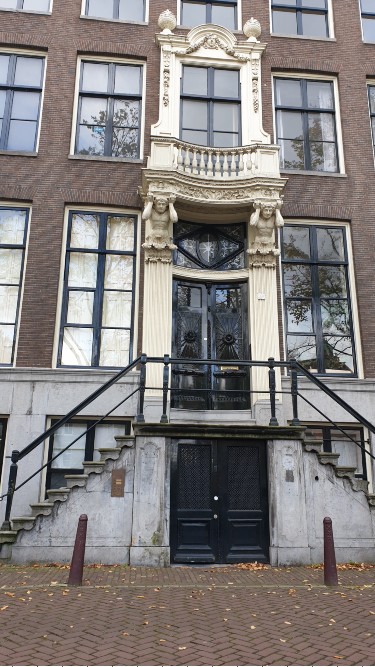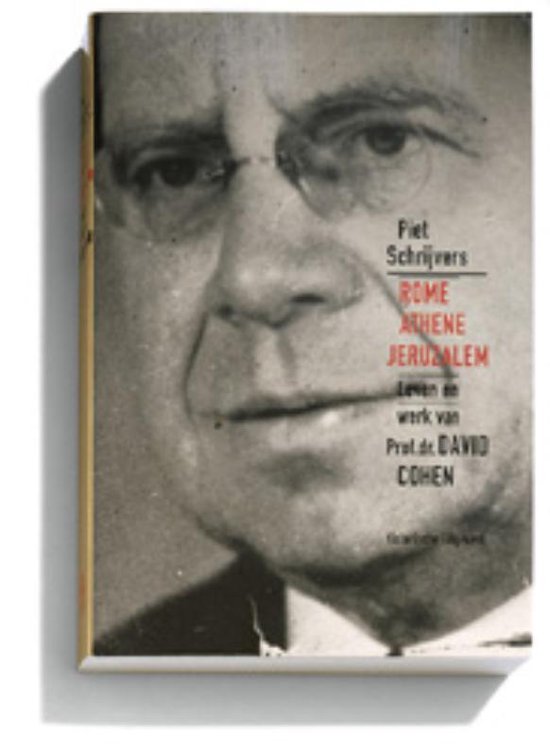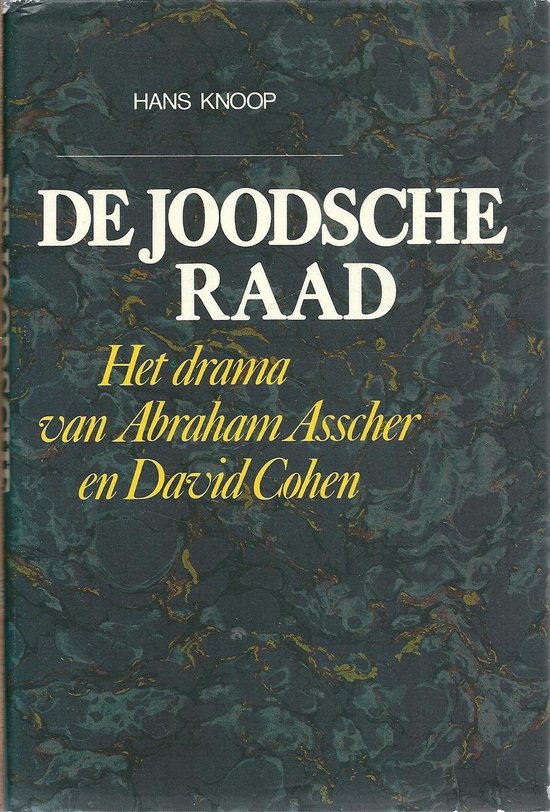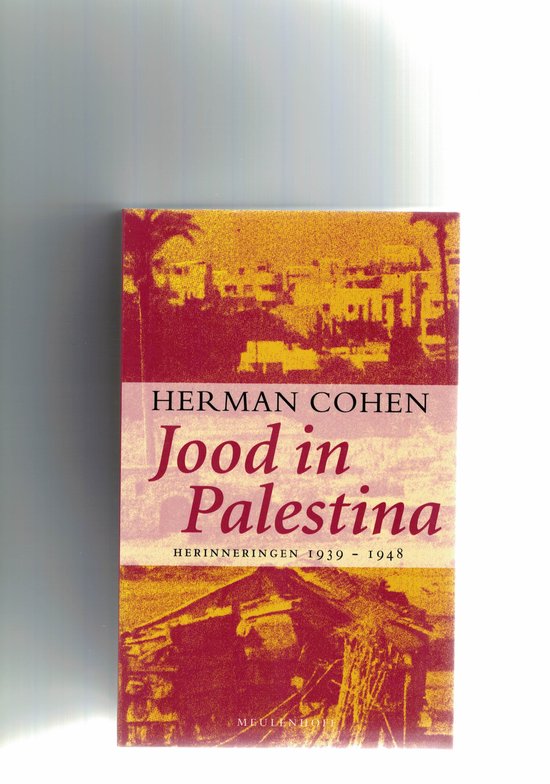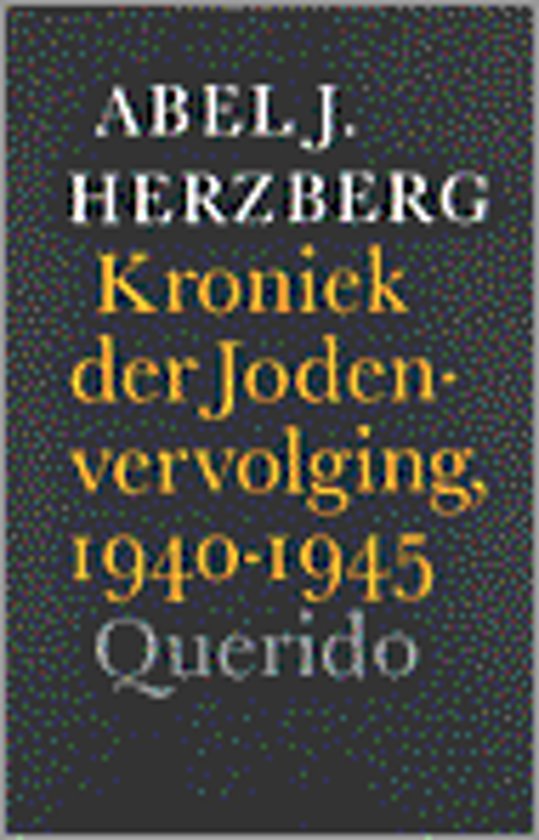The life and work of David Cohen
David Cohen was born on 31st December 1882 in Deventer as the oldest son of salesman, estate agent and surveyor Hartog (Herman) Cohen and Rebecca van Essen. Later, three brothers and one sister would join the family. He attended primary school, Jewish school and high school in his place of birth and then studied classical languages in Leipzig, Göttingen and Leiden. His greatest interests lay in egyptology, papyrology and Jewish history. After 1910, he combined his studies with a teaching job at the Nederlands Lyceum in The Hague. In 1912, he earned his doctorate degree in Leiden cum laude, which he wrote about Jewish history during the Hellenistic period. In 1922, he became a privatdozent at the University of Leiden and two years later he became a visiting professor of the history of the Hellenistic period. In 1926, he became the Professor of Ancient History and the Greek and Roman Antiquities at the University of Amsterdam, a position he held until 1953.
Cohen was a professor who knew the ins and outs of his field but was more of a lecturer than a researcher. He did little in the way of original research; his passion was for teaching. He wrote several important textbooks about ancient history and mentored many doctoral students. In Cohenâs mind, the classical antiquity was the ideal world, where goodness and beauty dominated. He used examples from this world to show how the modern world could be improved. He was certainly not locked away in an ivory tower, as he is unduly described by some, but someone who was grounded in reality and full of compassion for repressed groups in society.
Cohen was active in all sorts of Jewish organisations during his life. At the age of 20, he established an organisation in Deventer that was affiliated with the Dutch Zionist Federation, an organisation that was set up in 1899 with the goal of collecting funds to allow Eastern European Jewish refugees so they could be trained in agriculture and start a new life in Palestine or the USA. Between 1905 and 1909 he was an editor of De Joodsche Wachter (The Jewish Guardian), part of the Dutch Zionist Federation. He was also a member of the Permanent Committee of the Dutch Israelite Church Association, a governing member of the Association for Jewish Science and the curator of the Dutch Israelite Seminar. In the period between 1933 and 1940 he was extremely active in helping Jews refugees who had fled Nazi Germany. From 1933 onwards, Cohen spent a great deal of his time on this humanitarian work, during which he developed important international connections. He was the founder and secretary of the Committee for Special Jewish Interests, an organisation with many branches such as the most important, the Committee for Jewish Refugees, of which he was the chairman. In both positions, he worked intensively with Abraham Asscher, with whom he was a co-chairman of the Jewish Council during the years between 1941 and 1943.
Cohen grew into a competent leader. His success was due to the combination of deep self-discipline, an enormous sense of duty, stoicism and composure. He rapidly gained a leadership role within the Dutch Jewish community. When the Germans invaded the Netherlands in 1940, he immediately started a Jewish organisation to ward off the dangers of the expected race politics of the occupier. In December 1940, the Jewish Coordination Committee commenced under the chairmanship of Mr. L.E. Visser, the ex-president of the Hoge Raad, who was fired by the Germans. Cohen became a member and not a secretary, the resistance against his often authoritarian behaviour had grown too great for him to be allowed that role. The Jewish Coordination Committee was not destined to last long because of their refusal to negotiate with the German occupiers and their resolve to only work with representatives of the Dutch government. This was an attitude that mostly belonged to Mr. Visser. Cohen and Asscher advocated a significantly more flexible attitude towards the occupiers. In a written exchange with Visser, Cohen contrasted Visser's idealism and integrity with his own pragmatism and sense of reality.
Definitielijst
- Jews
- Middle Eastern people with own religion that lived in Palestine. They distinguished themselves by their strong monotheism and the strict observance of the Law and tradition. During World War 2 the Jewish people were ruthlessly persecuted and annihilated by the German Nazis. . An estimated 6,000,000 Jews were exterminated.
- Nazi
- Abbreviation of a national socialist.
- resistance
- Resistance against the enemy. Often also with armed resources.
Images
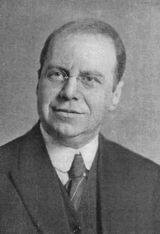 David Cohen, one of the two chairmen of the Jewish Council Source: Instituut voor Nederlandse Geschiedenis.
David Cohen, one of the two chairmen of the Jewish Council Source: Instituut voor Nederlandse Geschiedenis.The Jewish Council
It was thus unsurprising that when the Germans created the Jewish Council, they invited the Cohen and Asscher to take up leadership. The Jewish Council was set up in February 1941 by the German occupiers and both Jewish chairmen were asked to lead the organisation to represent the interests of the Jewish population. In practice, Cohen became the head of the Jewish Council and had final the final say. Assisting in the implementation of German policy became unavoidable. Realistic but stubborn, Cohen kept believing in his tactics and used the following arguments with each new collaboration: "Itâs to prevent worse events!", "Itâs in our own interests" and "Itâs an attempt to make the best of the situation". And so the Jewish Council helped with the announcement of and even the execution of all German measures. They took on responsibility for the sale of the Star of David. They helped with the organisation of the "employment expansion", as it was officially called. In reality it meant deportation to Westerbork and other camps. In the summer of 1943, they grappled with the German command to select which Jews would be deported and which would stay. Both Jewish leaders approached the position with the sincere conviction that they could help the situation or at least delay the process so that Jews would have the time flee or to go into hiding. Within the Council, there were some who actively resisted, such as Walter Süskind. Cohen, however, kept away from this. Initially, the Jewish Council's tasks were limited to Jews in Amsterdam but quickly their tasks were expanded on a national level. Unwillingly, the Jewish Council became an important instrument in the deportation of Dutch Jews. After the war, both chairmen were held accountable for their involvement in the Jewish Council.
In September 1943, Cohen and Asscher were part of the last group of Jews who were deported. Via Westerbork, Cohen, his wife Corrie Cohen-Slijper and Cohenâs lifelong friend, Sophie Tal (Cohen had a very close bond with this widow with three children, which caused tension in the Cohen family) were deported to the concentration camp Theresienstadt. Abraham Asscher was deported to the concentration camp, Bergen-Belsen. They all survived the war and returned to Amsterdam. There they had to explain their involvement in the Jewish Council to the Jewish Honour Council, an organisation that was set up in January-February 1946 to morally purify the Jewish community. Both leaders of the Jewish Council were forbidden from ever accepting a leadership position within the Jewish community. Both would also spend the rest of their lives bitter about what they considered to be an extreme and unjustified verdict.
Definitielijst
- collaboration
- Cooperation of the people with the occupying forces, more generally spoken the term for individuals who cooperate with the occupying force is collaborator.
- concentration camp
- Closed camp where people are being held captive that are considered to be anti- social, enemies of the state, criminal or unwanted individuals. These groups mostly do not get a fair trial or are condemned to doing time in a camp.
- Jews
- Middle Eastern people with own religion that lived in Palestine. They distinguished themselves by their strong monotheism and the strict observance of the Law and tradition. During World War 2 the Jewish people were ruthlessly persecuted and annihilated by the German Nazis. . An estimated 6,000,000 Jews were exterminated.
- Theresienstadt
- City in the Czech Republic. Here the Nazis established a model concentration camp.
Images
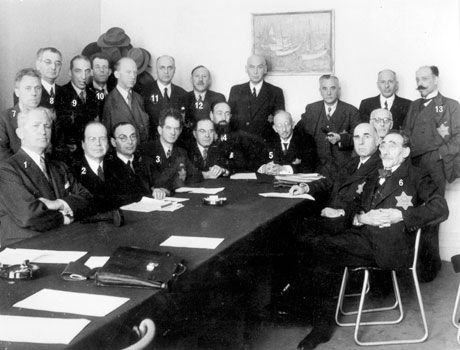 First row: A. Asscher (chairman), D. Cohen (chairman), A. de Hoop (chairman of the Dutch Cinema Federation, director of the cinema Tuschinsky), H. Voet (chairman of the Algemene Nederlandse Diamantwerkersbond), A. van den Bergh (notary public), Ph. Frank (chief rabbi, representative in the States-Provincial of North Holland), D. Sluijs (secretary of the Jewish congregation), mr. S. van Lier (muncipal secretary in Amsterdam), A. Gomperts (lawyer), A. Mendes da Costa (secretary of the Portuguese-Israeli congregation). Back row: Meijer de Vries (general advisor), A. van de Laan (general secretary), J. Brandon (secretary), unknown, unknown, A. Soep (diamantaire), J. Arons (doctor), J. Brahn (chairman of Beirat for non-Dutch Jews), A. Kouwer (accountant), I. de Haan (unknown), prof. Dr. L. Palach (professor at the University of Amsterdam).
First row: A. Asscher (chairman), D. Cohen (chairman), A. de Hoop (chairman of the Dutch Cinema Federation, director of the cinema Tuschinsky), H. Voet (chairman of the Algemene Nederlandse Diamantwerkersbond), A. van den Bergh (notary public), Ph. Frank (chief rabbi, representative in the States-Provincial of North Holland), D. Sluijs (secretary of the Jewish congregation), mr. S. van Lier (muncipal secretary in Amsterdam), A. Gomperts (lawyer), A. Mendes da Costa (secretary of the Portuguese-Israeli congregation). Back row: Meijer de Vries (general advisor), A. van de Laan (general secretary), J. Brandon (secretary), unknown, unknown, A. Soep (diamantaire), J. Arons (doctor), J. Brahn (chairman of Beirat for non-Dutch Jews), A. Kouwer (accountant), I. de Haan (unknown), prof. Dr. L. Palach (professor at the University of Amsterdam). The Jewish Honour Council
The aim of the Honour Council was to pass judgement on every Jew whose attitude and behaviour during the occupation was irreconcilable with the most basic Jewish solidarity. The Honour Council was not able to pass sentences and could only bring its judgements to the publicâs attention. The Honour Council handled some 20 cases, but of those 20, the Jewish Council case was the most crucial. The powerlessness of the Honour Council can be clearly illustrated by the simple refusal of Abraham Asscher to respond to the invitation to testify at the Honour Council. Cohen, on the other hand, did testify. After all sessions were completed, the Honour Council reached the following conclusions:
- The chairmen of the Jewish Council failed in a world that was already failing
- It is condemnable that they took on the task of forming the Amsterdam Jewish Council, given to them by the German occupiers and that they accepted chairmanship.
- It is condemnable that the newspaper Het Joodse Weekblad was still being published when it was clear that it was of more use to Germans than to Jews.
- It is condemnable that they cooperated with anti-Jewish measures such as the distribution of the Jewish star and the delivery of deportation orders.
- The fact that the chairmen revealed the people who refused to comply with the orders of the first LiRo command on 8th August 1941 is condemnable. According to this command Jews were obligated to hand over their funds above the amount of a thousand guilders (approximately â¬450) to the Lippmann-Rosenthal Bank, a former Jewish bank that was taken over by the Germans.
- The cooperation with the selection of people for deportation and, in particular, the cooperation in May 1943 is extremely condemnable.
The Jewish Honour Council banned Cohen and Asscher from ever holding a position within the Jewish community, which due to their lifelong involvement in helping Jewish refugees and in various Jewish organisations, must have been a heavy sentence. For Asscher, the sentence was a devastating judgement of his involvement.
The government also stepped in. On 6th November 1947 both chairmen of the Jewish Council were arrested on a warrant signed by N.J.C. Sikkel, the procurator fiscal of the Bijzonder Gerechtshof in Amsterdam. They were taken into custody by Sikkel because they were found guilty of "unpardonable cooperation with the enemy, that eased the Jewish deportation considerably." A month later both were released, in expectation of a later trial. A trial never came and in 1951 on grounds of general interest the trial was abandoned. The discussion over the question of guilt will undoubtedly be continued by historians, without them ever being able to come to a definitive conclusion. The boundaries between virtue and responsibility are therefore too difficult to identify, certainly in a time of great crisis such as the one that Cohen and Asscher had to endure.
Cohen returned to his position as a professor at the university until he retired in 1953. In the remaining years of his life he lived in seclusion, a broken man full of guilt about how things had manifested and about the role he had played in the great Jewish drama, but who, at the same time, stuck to his conviction that the Jewish Council had carried out useful work and saved many lives.
Cohen died in Amsterdam on 3rd September 1967. David Cohen was the father of the architectural engineer, Herman Cohen (1914-2005), who from 1939 to 1957, helped with the formation of the state of Israel and endeavoured to do so in harmony with the English colonial powers and the original Palestinian population. One of his grandchildren is politician Rob Oudkerk.
Definitielijst
- Jewish star
- Star of David on a yellow background which had to be worn by Jews in Nazi Germany and occupied territory during World War 2.
- Jews
- Middle Eastern people with own religion that lived in Palestine. They distinguished themselves by their strong monotheism and the strict observance of the Law and tradition. During World War 2 the Jewish people were ruthlessly persecuted and annihilated by the German Nazis. . An estimated 6,000,000 Jews were exterminated.
The verdict on The Jewish Council
Many experts and those directly involved have pointed out that the verdict of the Jewish Council is dependent on a few important questions. Firstly, there is the question of what expectations people had in the years 1941-1942 about the duration of the war. For most Dutch people and certainly for the Jewish population, it was unthinkable that the war would last another three years. There was a general feeling of optimism that it would be over fairly soon and that means that the argument of stalling the enemyâs efforts was important. It has been argued that if the war did end in 1943, Cohen would probably have been decorated for his efforts. An argument that Cohen, indeed, used in his own defence. Secondly, there is the ever-present question of how many of the Jewish leaders and essentially all of the allied leaders knew about the Holocaust, that was in full motion at that point. Cohen was no different from the average member of the Jewish community who could not imagine that the civilised German population could really carry out a mass destruction of the Jewish population. Signals were in abundance but the majority simply refused to accept them as truth.
No one has ever doubted Cohenâs integrity. Considering his deep feeling of solidarity with the Jewish people, his lifelong and selfless dedication ever since his youth and his extreme dedication within a large range of social and religious organisations, that would be very illogical. Still, his attitude has given him bitter enemies and serious accusations. He is blamed for selfishness, or at the very least elitism because he supposedly sacrificed the Jewish proletariat for the good of the Jewish elite. This last accusation was caused by the fact that Cohen was too much of a representative of the middle-class elite, "an aristocrat from bygone times, who kept too big a distance between himself and the people that he apparently loved so much. He believed too strongly in outdated values such as authority and decency and as a believer in authority, couldnât stand up to the Germans. He preserved his middle-class decency in an environment in which the highest level of decency had become âorders are ordersâ" or in another description by the psychiatrist Herman Musaph: "a mouse in the mouth of a lion, trying to explain to the lion the culture of mice".
A very valuable description came from the economist and politician Sam de Wolff, a diehard Zionist and Marxist, who had already expressed deep criticism of the Jewish Council during its establishment but who had the decency to give the following opinion on the two Jewish Council chairmen in an article on 11th November 1947 in the newspaper, De Vlam: "I believe there are few Jews in the Netherlands who publicly expressed as vicious a judgement of the actions of Asscher and Cohen as myself. But to bring Asscher and Cohen into the Dutch court, is not right, but wrong. And in fact, those exact same sharp words which I used to criticise their actions in the years of the occupation 1940-1943, hereby provide evidence of the injustice of judging them in Dutch courts. It is not true that they were âcollaboratorsâ."
De Wolff concludes that there was simply no other organisation that defended the Jews and "...that is why the Jewish Council, in all its ugliness, had to exist," and then decided: "Asscher and Cohen cannot be held responsible for the collective âblameâ. The Dutch judges should not be allowed to decide on Jewish guilt. This judgement can only be carried out by the Jewish people. And I believe, that the generations after us will not sentence them with punishment, those whose terrible failure has been tried by history. Towards these two, who have been judged by history, the people voice this quiet but objectively painful answer: We do not point fingers."
Definitielijst
- Holocaust
- Term for the destruction of European Jewry by the Nazis. Holokauston is the Greek term for a completely burnt sacrifice.
- Jews
- Middle Eastern people with own religion that lived in Palestine. They distinguished themselves by their strong monotheism and the strict observance of the Law and tradition. During World War 2 the Jewish people were ruthlessly persecuted and annihilated by the German Nazis. . An estimated 6,000,000 Jews were exterminated.
Information
- Article by:
- Frans van den Muijsenberg
- Article by:
- Rachael Darwin
- Published on:
- 19-01-2025
- Feedback?
- Send it!
Related sights
Related books
Sources
- BERKLEY, K.P.L., Overzicht van het ontstaan, Amsterdam, 1945.
- COHEN, H., Jood in Palestina, Meulenhoff, Amsterdam, 1995.
- HERZBERG, A.J., Kroniek der Jodenvervolging 1940-1945, Meulenhoff, Amsterdam.
- HOUWAART, D., Westerbork. Het begon in 1933, Omniboek, 's-Gravenhage, 1983.
- JONG, L. DE, Het Koninkrijk der Nederlanden in de Tweede Wereldoorlog 4, Staatsuitgeverij, Den Haag, 1969.
- JONG, L. DE, Het Koninkrijk der Nederlanden in de Tweede Wereldoorlog 5, Staatsuitgeverij, Den Haag, 1969.
- KNOOP, H., De Joodsche Raad, Amsterdam, 1983.
- PRESSER, J., Ondergang, Aspekt, Soesterberg, 2005.
- SCHRIJVERS, P., Rome, Athene, Jeruzalem. Leven en werk van prof. Dr. David Cohen, Historische Uitgeverij, Groningen, 2000.
- SOMERS, E., Voorzitter van de Joodse Raad, Walburg Pers, Zutphen, 2010.
- VELD, N.K.C.A. IN ÂT, De Joodsche Eereraad, SDU Uitgeverij, Den Haag, 1989.
- Instituut voor Nederlandse Geschiedenis, Biografisch Woordenboek van Nederland, 2008; zie www.inghist.nl
- MICHMAN, J. [=J. Melkman], Rol van Joodse Raad in Nederland was erger dan waar ook onder de Duitsers, in Nieuw Israëlitisch Weekblad, mei 1982. Bijlage II, III en V.
- MUSAPH, H., 'David Cohen was een regent uit vervlogen tijden', in Nieuw Israëlitisch Weekblad, mei 1982. Bijlage IV-V.
- VISSER, E., in Tijdschrift voor Geschiedenis 80 (1967) 445 -447.

